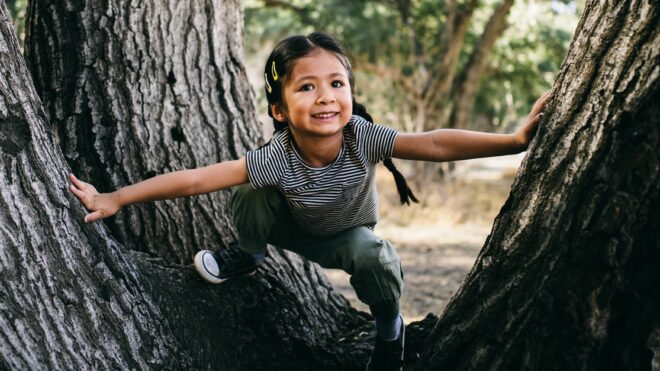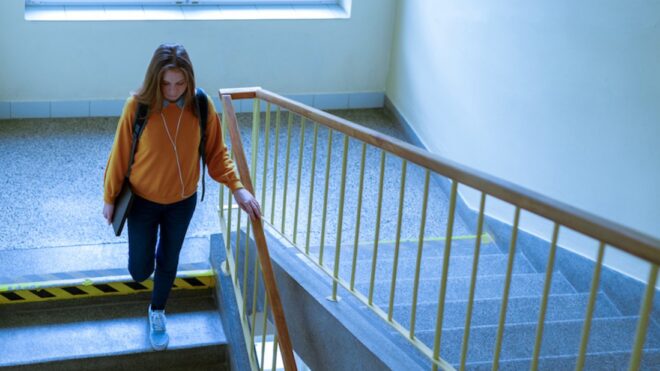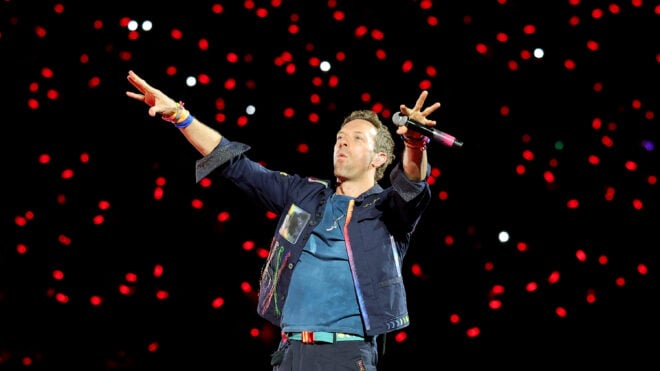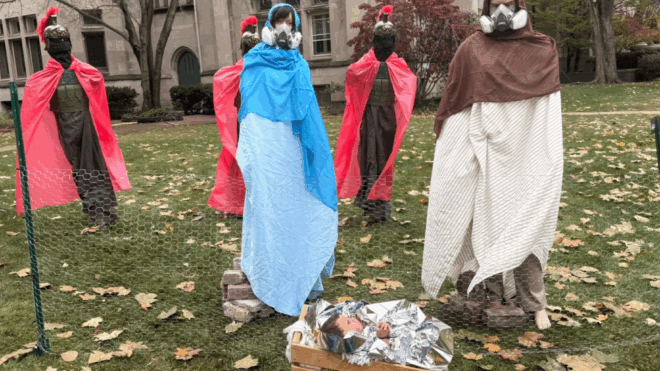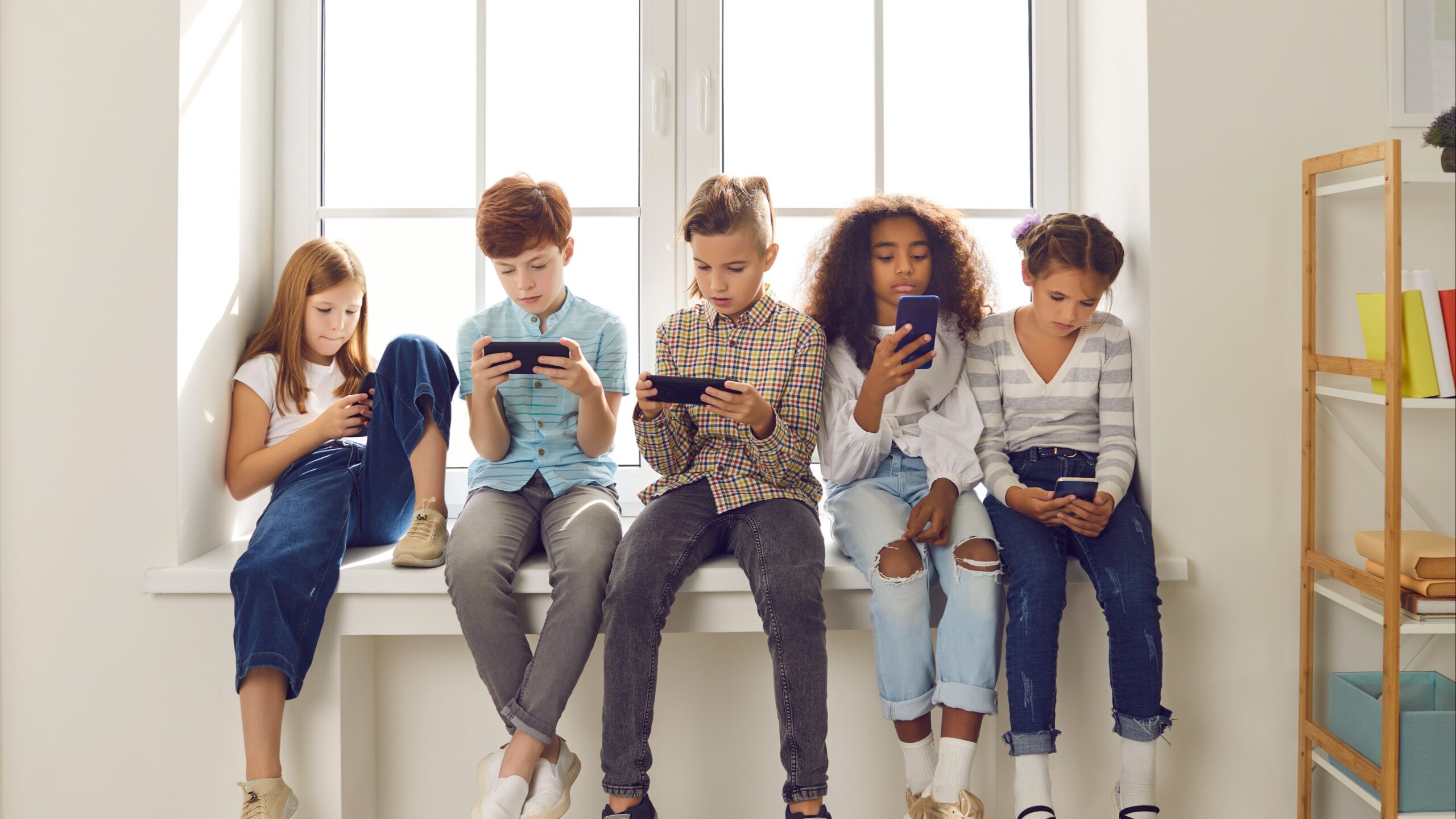
In what is the vast and all-consuming world of social media today, it’s really no wonder that it seeps into the lives of children at such a young age. And even though we might try to shield them from the effects of being on TikTok, Instagram, and Snapchat as long as we can, it seems to be a rite of passage that comes along earlier than you might have hoped.
Like most things that involve any sort of interactive internet activity and children, there can be both a dark and a lighter side to social media. There are definitely some things to keep in mind as you keep a watchful eye on which social media apps your child is active on and who they’re interacting with.
And it’s also a good idea to remember that we still don’t know the long-term mental health and emotional effects of being on social media, especially for the younger generation, so for some kids out there, it might be in the best interest of their overall well-being to tread lightly.
More from LittleThings: 7 Ways To Keep Up With A Gratitude Practice Even When You're Feeling Ungrounded
Let’s take a look at some of the ways in which social media can negatively and positively impact your child’s school life.
1. Cyberbullying can impact their school life.
Even as adults, we’ve all had those moments of coming across a comment online on one of our photos or posts that doesn’t feel quite right or just plain makes us feel uncomfortable and even picked on. Now, imagine those same feelings during those pivotal years when you’re just learning how to exist in the world. Not so easy to just shake off, right?
The thing about social media and children and teenagers is that the whole phenomenon of feeling practically invincible and faceless online, even though you actually aren’t, can become a big issue for kids looking to feel superior or wanting to put down other kids.
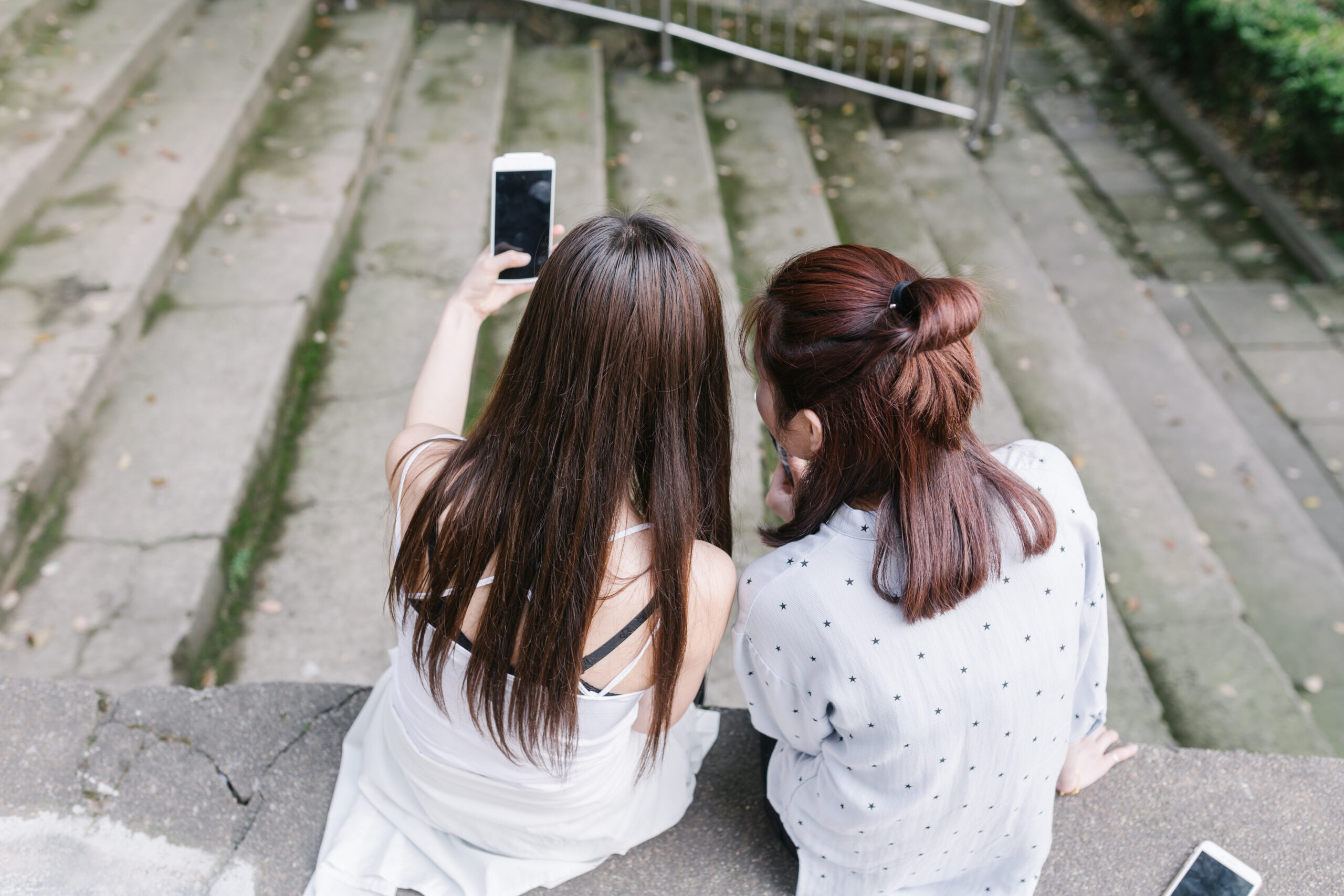
And if a child is experiencing some form of bullying online, they quite often know the other kid involved, and it can leak into their life at school, creating an unsafe and tension-filled environment.
So it’s always important from the day that your child starts to use social media to monitor their daily usage and check in with them on who they’re communicating with and how it makes them feel. If you get an inkling that some cyberbullying might be happening, it’s likely time to take a more proactive role in their social media life, because it could soon begin to affect their time at school.
2. Social media can teach your child kindness and how to effectively communicate.
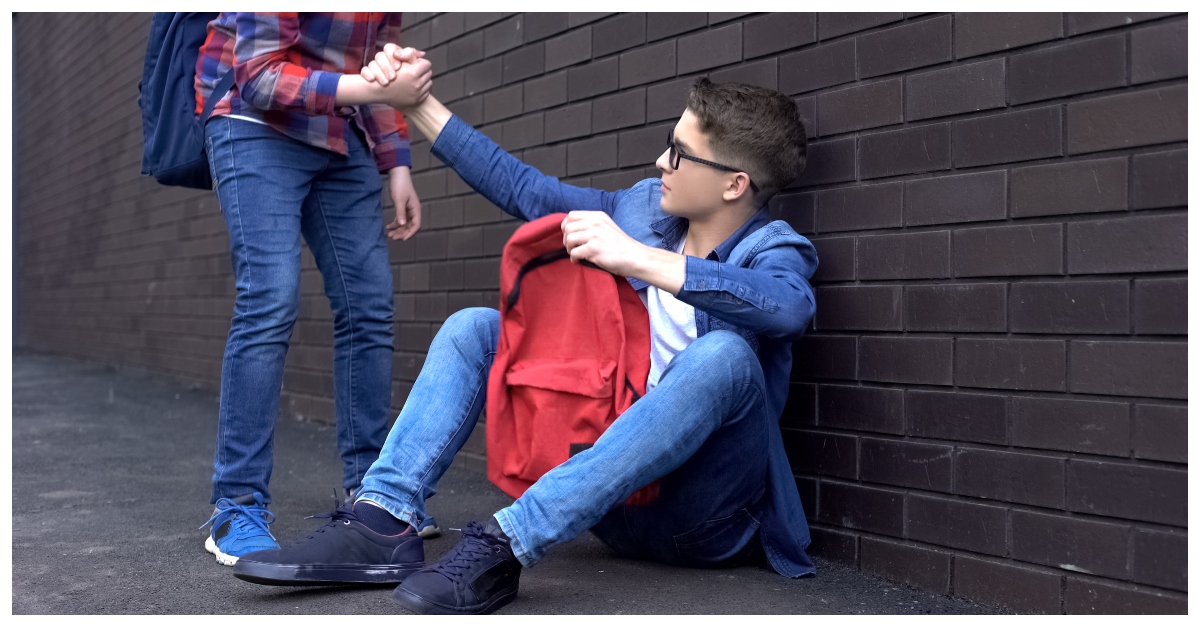
On the flip side of that same coin — this era of social media becoming the means by which a lot of children and teens talk to one another — if they’re using it in the right way, it can teach them how to respectfully and effectively communicate with their peers.
As you monitor your child’s social media pages, you can give them some helpful hints on how to express themselves creatively and passionately on subject matter that they’re interested in and also how to respond to their fellow peers who might take issue with some of their posts and interests.
If your child knows how to handle themselves on social media with their classmates and friends, it’s likely that those same clear and considerate communication skills will serve them well in the classroom when they’re interacting with their peers.
As a parent who might suffer from restlessness or anxious thoughts while trying to fall asleep at night, you probably know what a time suck social media apps like TikTok, Instagram, and Twitter can become.
When you’re a child who’s just looking for mindless entertainment or a sense of connection, social media can almost become an addiction in terms of endless scrolling that only stops when your phone or device is not within your physical reach.
And then there are those viral trends, like the cinnamon challenge or the choking game, which can look funny or cool in the moment to someone younger but can actually turn into fairly dangerous stunts that result in personal injuries or health-related issues.

With all that said, it’s a good idea to keep an eye on the amount of time your child is spending on social media because it can start to affect their schoolwork and grades, especially if they’re getting toward high school age.
And if they happen to take any interest in some of the ridiculous viral trends that could have a dangerous result for them, it may be best to discuss why someone would even want to go viral and what’s in it for them if they do. With that in mind, they might start to see the world of social media and its viral superstars a little differently.
4. Being active on social media can help them discover what they might enjoy as a career down the line.
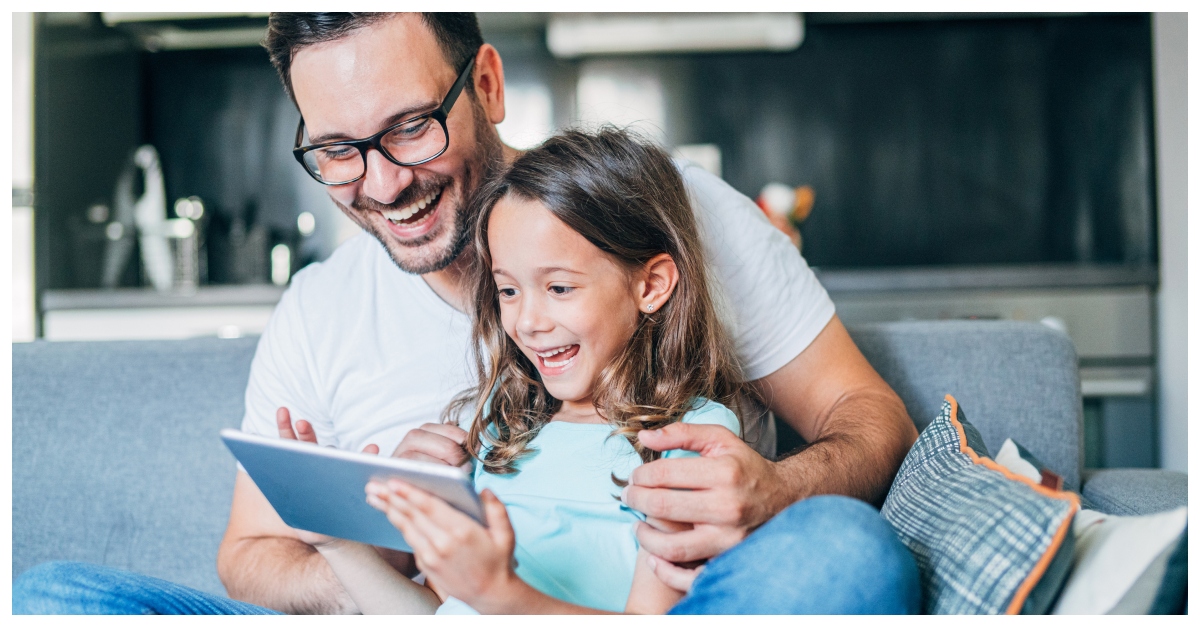
If you take a look at just about any online job bank nowadays, you’re likely to find a fair amount of positions in the social media world, from social media managers to video editors to community assistants.
It’s fairly safe to say that social media isn’t going anywhere anytime soon, so if your child has a passion for making videos or posting unique content, being active on social media might turn into a cool job prospect for them down the line.
So you could encourage them to take those computer and technical courses in school in hopes of educating themselves on the finer points and details of everything that goes into social media, video editing, filming, etc.
Similar to how if you have a kid who’s gifted at the piano or really enjoys competitive swimming, as long as you help keep their relationship to social media healthy and regulated, there shouldn’t be an issue in them learning the ins and outs of social media. And who knows? One day they might be able to turn their passion for social media into a really cool career.


